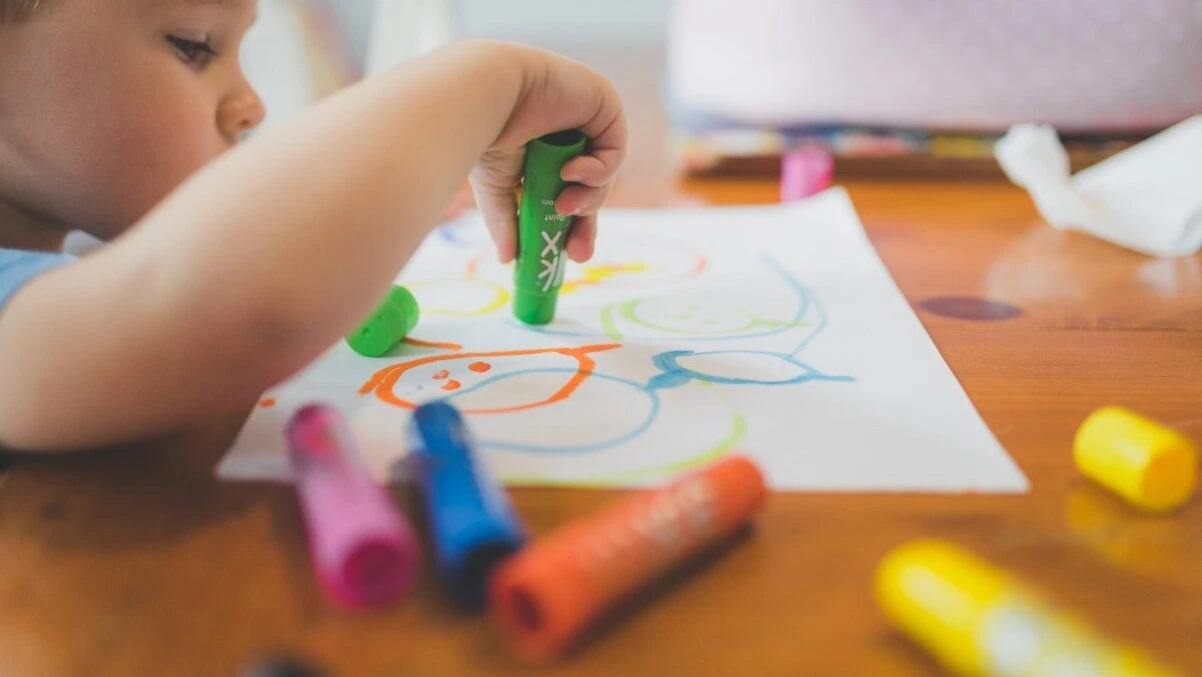Introduction to Baby Flash Cards
Baby flash cards are a popular and effective tool used in early education. They are typically small, sturdy cards designed to be held up individually for a child to see. Each card contains an image, number, letter, or word on one side, and explanatory text or an answer on the other side.
These cards are designed to promote quick recognition of each component, which is a fundamental aspect of early learning. The images or words on the cards can range from everyday objects (like animals, fruits, or household items) to numbers or letters of the alphabet. The explanatory text on the other side often provides additional information or context.
The simplicity and versatility of baby flash cards make them an excellent resource for teaching a variety of skills in early childhood development. They can be used to enhance visual perception, cognitive development, and language skills among others. The use of these cards can also foster a positive learning environment, making education an enjoyable and rewarding experience for children
In the following sections, we will delve deeper into the different types of baby flash cards, their benefits, and how they aid in a child’s development. Stay tuned!
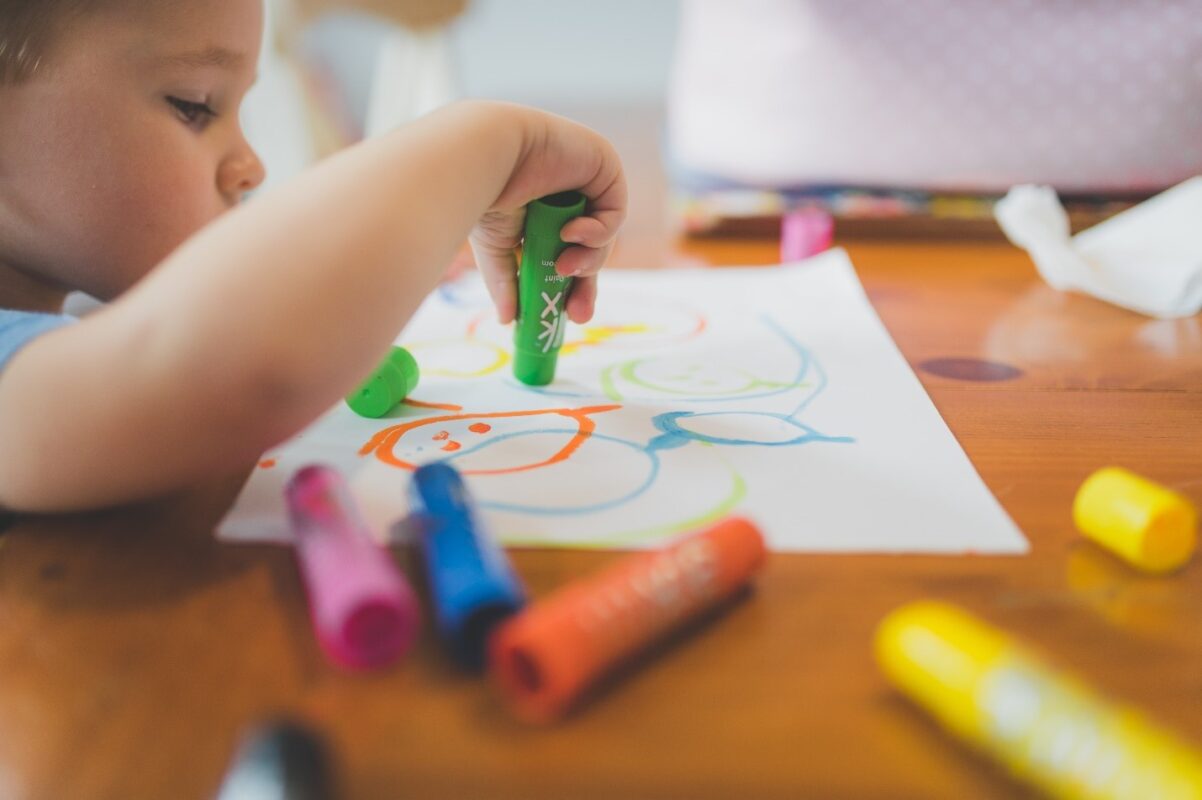
The Impact of Educational Flash Cards on Infant Learning
Educational flash cards play a significant role in stimulating infant learning. They serve as a visual and interactive medium that introduces infants to a variety of shapes, colors, words, and concepts. This exposure at an early age is crucial in enhancing their cognitive abilities.
Flash cards provide a structured way of presenting information to infants. For instance, a card with a picture of an apple not only introduces the child to the shape and color of the apple but also to the concept of fruits. Similarly, a card with a printed letter or number introduces the child to the alphabet and numerals, laying the foundation for literacy and numeracy. For example Adov Talking Flashcards take this a step further by incorporating auditory elements, enhancing the multi-sensory learning experience.

Moreover, the repetitive nature of flash cards reinforces learning. As infants repeatedly view the cards, they begin to recognize and remember the images or words on them. This repetition aids in memory retention and recall, key aspects of cognitive development.
Flash cards also promote active learning. As the child interacts with the cards, they are not just passively receiving information but are actively engaged in the learning process. This active engagement stimulates their curiosity and encourages them to explore further, fostering a love for learning.
Promoting Infant Growth with Flash Cards
Flash cards are more than just educational tools; they are catalysts that promote infant growth in multiple dimensions. Here’s how:
Development of Fine Motor Skills: Handling flash cards can help infants develop fine motor skills. The act of turning over the cards, stacking them, or spreading them out aids in the coordination of small muscle movements, particularly those involving hands and fingers.
Memory Improvement: Flash cards are designed for repetition, a key factor in improving memory. As infants repeatedly interact with the same cards, they begin to remember the images, words, or numbers on them. This repetitive exposure enhances their memory retention and recall capabilities.
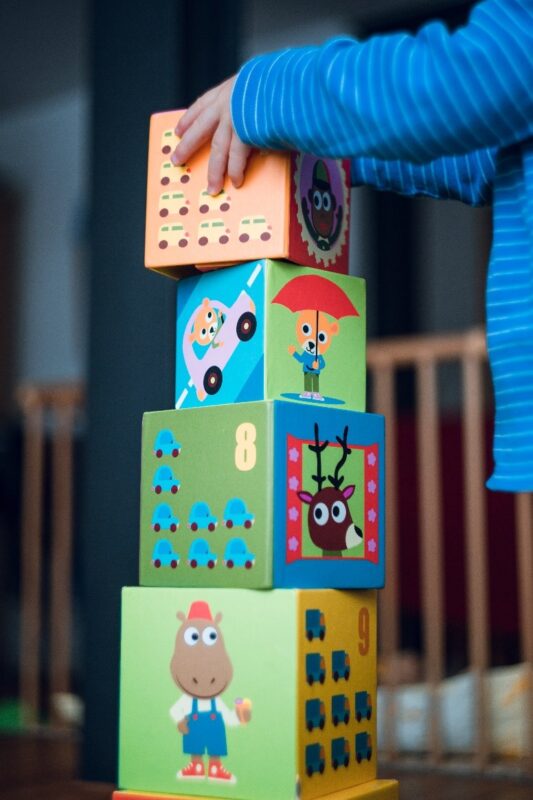
Language Development: Flash cards often feature pictures along with words. As parents or caregivers read these words out loud, infants start associating sounds with images. This association fosters language development and vocabulary building. Over time, infants start recognizing and understanding these words, paving the way for early reading skills.
Cognitive Development: Flash cards introduce infants to various concepts, such as numbers, shapes, colors, and everyday objects. This exposure stimulates their cognitive development, enhancing their understanding of the world around them.
Social Skills: Flash card sessions can be interactive, involving turn-taking, sharing, and cooperative play. These interactions can help infants develop essential social skills.
In essence, flash cards contribute significantly to an infant’s holistic growth. They are not just about learning; they are about growing, exploring, and discovering.
Essential Learning Tools for Infants
Flash cards are considered essential learning tools for infants due to their versatility and effectiveness in promoting active learning. Here’s why:
Versatility: Flash cards can be used to teach a wide range of concepts, from simple shapes and colors to complex words and sentences. They can be tailored to suit the learning needs and pace of each individual child, making them a flexible learning tool.
Active Learning: Unlike passive learning methods where information is merely presented to the child, flash cards require the child’s active involvement. The child is encouraged to observe, think, and respond, thereby making the learning process more engaging and effective.
Fun and Interactive: Flash cards can be used in various learning activities for infants, making learning fun and interactive. For instance, they can be used in memory games, matching games, or sorting activities. These activities not only enhance learning but also make it an enjoyable experience for the child.
Visual Stimulation: Flash cards provide visual stimulation, which is crucial in the early years when the child is primarily a visual learner. The bright colors and attractive images on the cards capture the child’s attention and stimulate their curiosity.
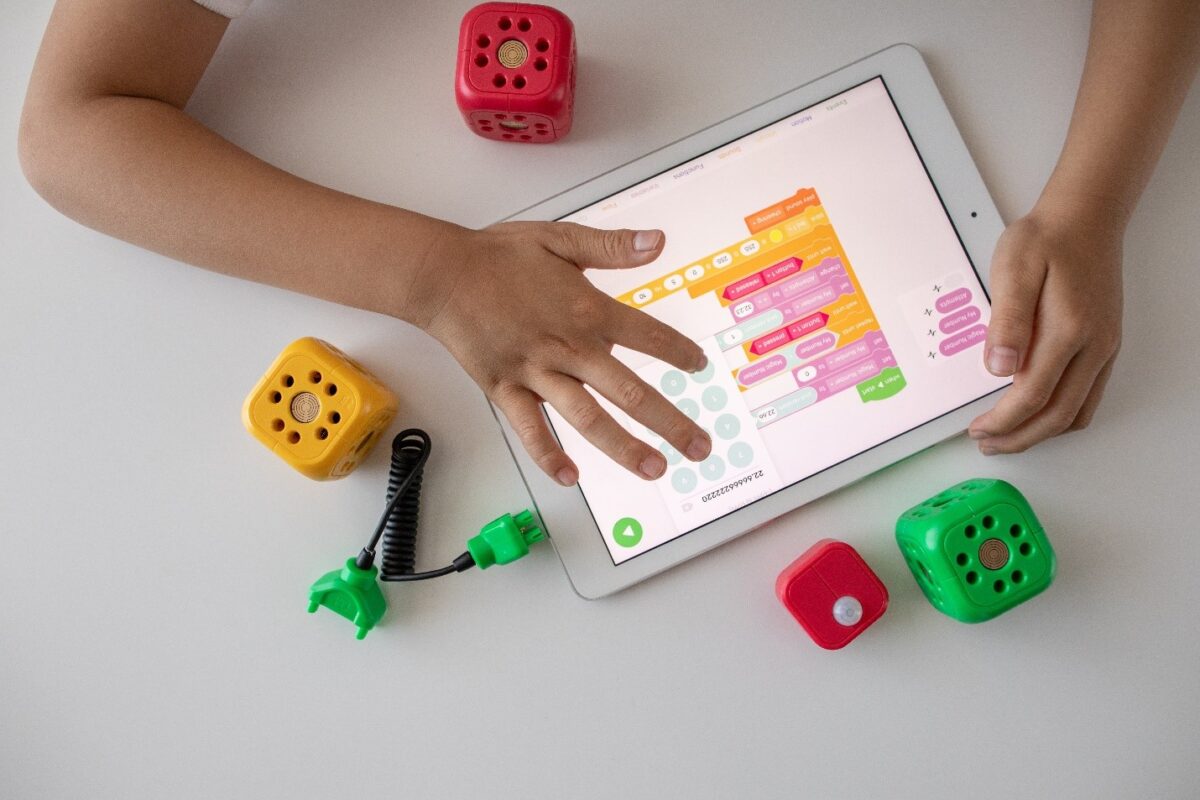
The Role of Flash Cards in Child Development
Flash cards play a broader role in child development beyond just aiding in learning. They contribute significantly to the emotional and social development of the child as well.
Here’s how:
Emotional Development: Flash cards can help children understand and express their emotions better. For instance, flash cards depicting different emotions can be used to teach children to recognize and name their feelings. This understanding can lead to better emotional regulation.
Social Development: Flash cards can also aid in social development. When used in a group setting, flash cards can encourage interaction and communication among children. They learn to take turns, share, and cooperate with each other. This interaction can enhance their social skills and foster a sense of empathy and understanding.
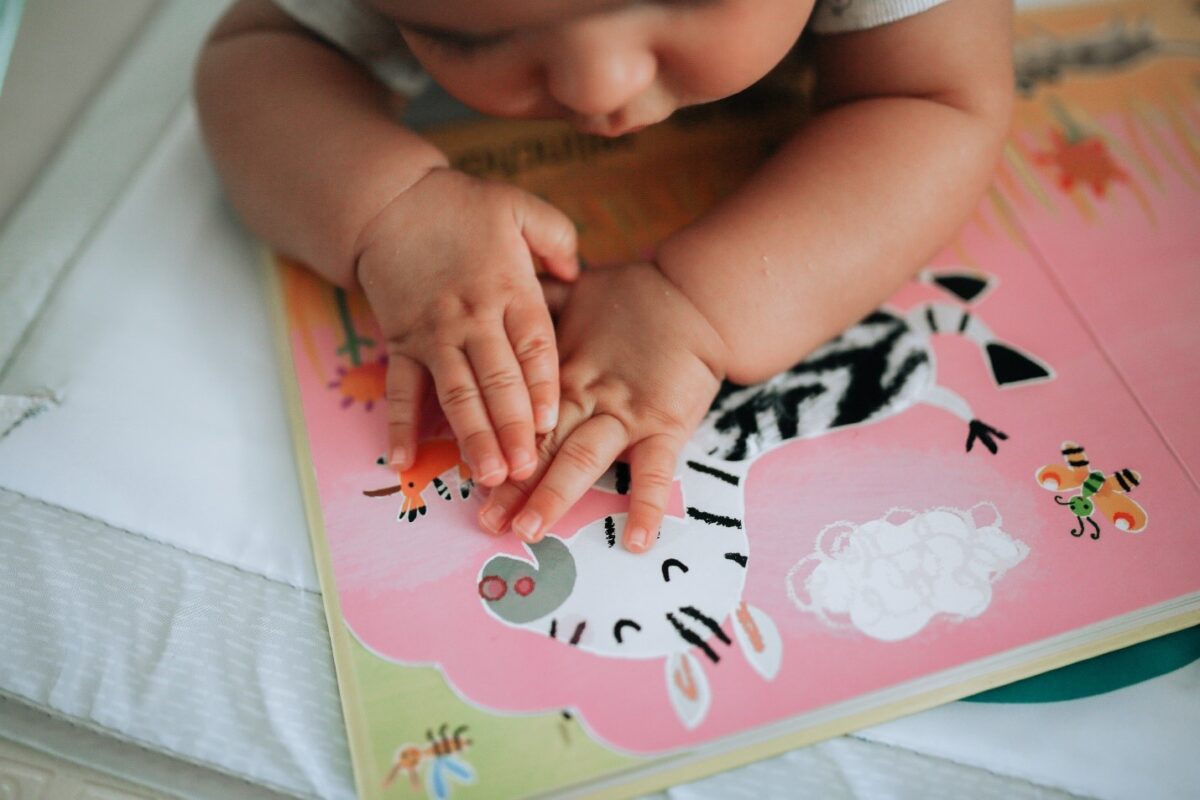
Creativity and Imagination: Flash cards with pictures can stimulate a child’s imagination and creativity. Children can create stories around the pictures, enhancing their creative thinking and storytelling skills.
Problem-Solving Skills: Some flash cards are designed to promote problem-solving skills. For instance, flash cards with puzzles or riddles encourage children to think critically and find solutions, thereby improving their problem-solving skills.
In essence, flash cards are not just about academic learning; they are about nurturing a well-rounded development in children. They foster intellectual, linguistic, emotional, and social growth, preparing children for the challenges and opportunities that lie ahead.
Summary
In conclusion, flash cards are not just learning tools; they are catalysts that boost infant learning and growth. They play a pivotal role in fostering infant cognitive development by introducing infants to a variety of shapes, colors, words, and concepts. The repetitive nature of flash cards reinforces learning, aids in memory retention, and promotes active learning.
Moreover, flash cards contribute significantly to the emotional and social development of the child. They help children understand and express their emotions better, encourage interaction and communication among children, stimulate a child’s imagination and creativity, and promote problem-solving skills.
Flash cards are versatile and can be used in various learning activities, making learning fun and interactive. They provide visual stimulation, which is crucial in the early years when the child is primarily a visual learner. The use of flash cards can also foster a positive learning environment, making education an enjoyable and rewarding experience for children.
Therefore, flash cards are more than just a learning tool. They are a medium that makes learning fun, interactive, and effective, thereby playing a crucial role in early education. They foster intellectual, linguistic, emotional, and social growth, preparing children for the challenges and opportunities that lie ahead.
So, let’s embrace flash cards as an essential part of our children’s learning journey, nurturing their curiosity, and fueling their love for learning. After all, every child deserves the best start in life.
